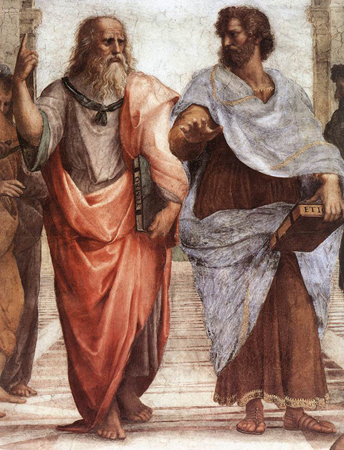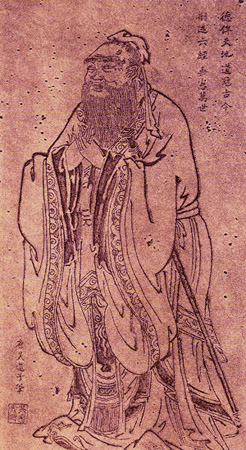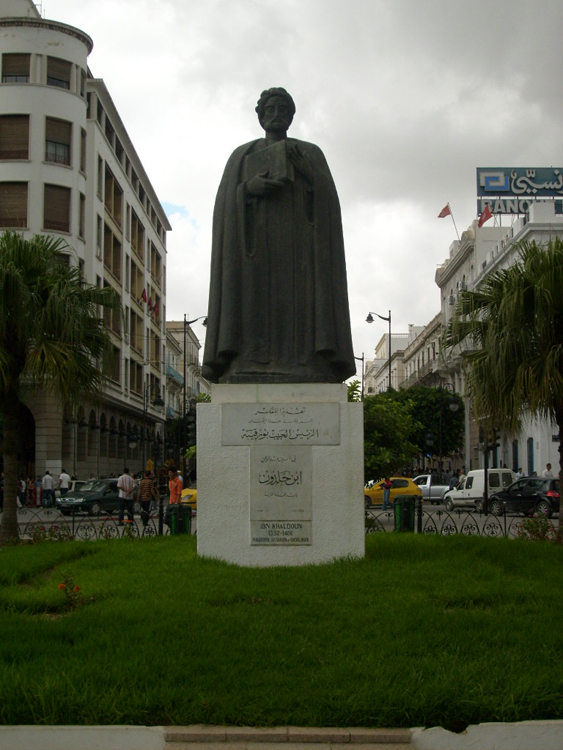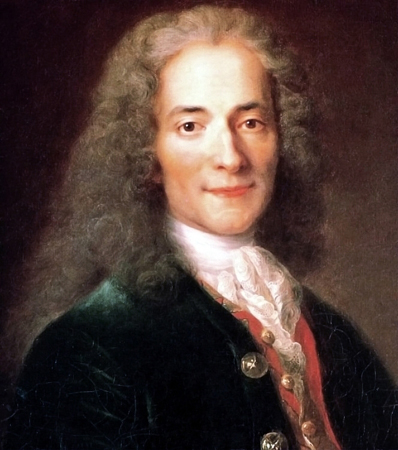| << Chapter < Page | Chapter >> Page > |




Since ancient times, people have been fascinated by the relationship between individuals and the societies to which they belong. Many topics studied in modern sociology were also studied by ancient philosophers in their desire to describe an ideal society, including theories of social conflict, economics, social cohesion, and power (Hannoum 2003).
In the thirteenth century, Ma Tuan-Lin, a Chinese historian, first recognized social dynamics as an underlying component of historical development in his seminal encyclopedia, General Study of Literary Remains . The next century saw the emergence of the historian some consider to be the world’s first sociologist: Ibn Khaldun (1332–1406) of Tunisia. He wrote about many topics of interest today, setting a foundation for both modern sociology and economics, including a theory of social conflict, a comparison of nomadic and sedentary life, a description of political economy, and a study connecting a tribe’s social cohesion to its capacity for power (Hannoum 2003).
In the eighteenth century, Age of Enlightenment philosophers developed general principles that could be used to explain social life. Thinkers such as John Locke, Voltaire, Immanuel Kant, and Thomas Hobbes responded to what they saw as social ills by writing on topics that they hoped would lead to social reform. Mary Wollstonecraft (1759–1797) wrote about women’s conditions in society. Her works were long ignored by the male academic structure, but since the 1970s, Wollstonecraft has been widely considered the first feminist thinker of consequence.
The early nineteenth century saw great changes with the Industrial Revolution, increased mobility, and new kinds of employment. It was also a time of great social and political upheaval with the rise of empires that exposed many people—for the first time—to societies and cultures other than their own. Millions of people moved into cities and many people turned away from their traditional religious beliefs.

The term sociology was first coined in 1780 by the French essayist Emmanuel-Joseph Sieyès (1748–1836) in an unpublished manuscript (Fauré et al. 1999). In 1838, the term was reinvented by Auguste Comte (1798–1857). Comte originally studied to be an engineer, but later became a pupil of social philosopher Claude Henri de Rouvroy Comte de Saint-Simon (1760–1825). They both thought that social scientists could study society using the same scientific methods utilized in natural sciences. Comte also believed in the potential of social scientists to work toward the betterment of society. He held that once scholars identified the laws that governed society, sociologists could address problems such as poor education and poverty (Abercrombie et al. 2000).

Notification Switch
Would you like to follow the 'Introduction to sociology 2e' conversation and receive update notifications?